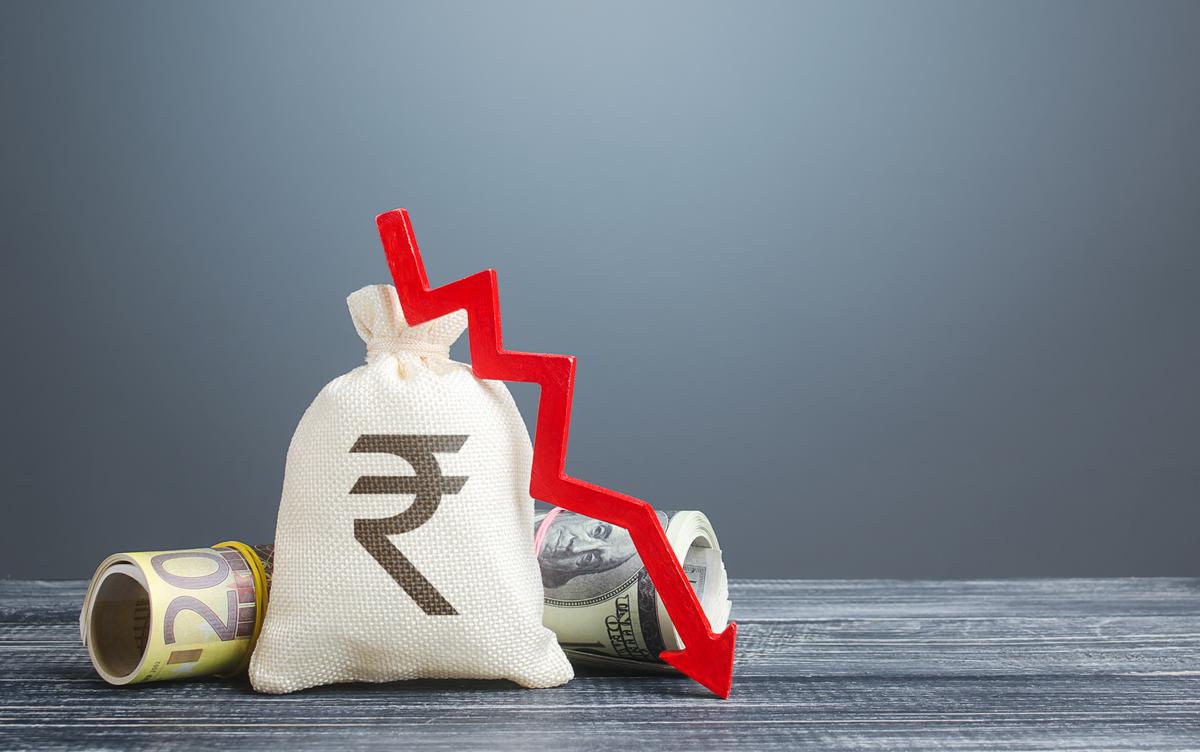Why the Rupee Value is Decreasing
Introduction
The Indian Rupee has been steadily losing value against major currencies like the US Dollar and the Euro. In this post, we'll explore the key factors contributing to the depreciation of the Rupee and what it means for India's economy.

Key Factors Behind the Depreciation of the Rupee
The Indian Rupee has been weakening due to several economic and global factors. Here are the primary reasons:
- Rising Crude Oil Prices: India is a major importer of crude oil, and any increase in global oil prices directly affects the country's economy. Higher oil prices result in a larger import bill, which weakens the Rupee.
- Inflation: Persistent inflation erodes the value of the currency, leading to a decrease in the purchasing power of the Rupee.
- Foreign Direct Investment (FDI) and Foreign Portfolio Investment (FPI): A decline in foreign investments can lead to reduced demand for the Rupee, thereby lowering its value.
- Trade Deficit: India imports more than it exports, leading to a trade deficit. A higher trade deficit increases the demand for foreign currency, which in turn weakens the Rupee.
- Global Economic Factors: The global economic environment, including US interest rates and geopolitical tensions, can influence the value of the Rupee. For example, when the US Federal Reserve raises interest rates, it can attract more investment into the US Dollar, making the Rupee weaker.

Impact of a Weaker Rupee
A depreciating Rupee has several effects on the economy and the daily lives of Indian citizens:
- Increased Import Costs: The cost of imported goods and services rises, leading to inflation in the domestic market.
- Impact on Foreign Travel: Traveling abroad becomes more expensive for Indian citizens due to the decreased value of the Rupee.
- Higher Foreign Debt: For companies and the government with foreign loans, the cost of servicing debt increases as the value of the Rupee falls.
- Investment Opportunities: A weaker Rupee can make Indian assets more attractive to foreign investors due to the lower cost of investment in India.

Conclusion
The depreciation of the Indian Rupee is a complex issue that is influenced by various domestic and global factors. While it has negative effects on imports and inflation, it can also provide opportunities for foreign investors looking to take advantage of the lower cost of doing business in India. It is important for the government and the Reserve Bank of India (RBI) to take steps to stabilize the currency and ensure long-term economic growth.
Stay Updated with Our Latest Articles
Want to learn more about the economy, crypto trends, and financial markets? Subscribe to our newsletter to get the latest updates directly to your inbox.
Subscribe Now
No comments:
Post a Comment